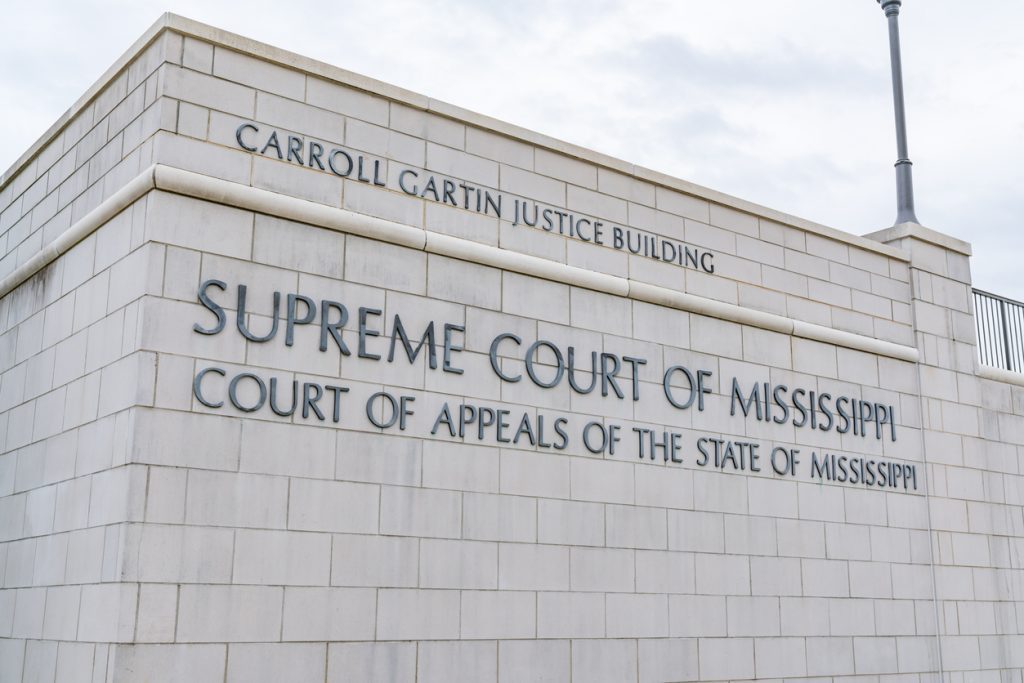Yesterday, Chip Merlin wrote on the Property Insurance Coverage Law blog about a recent Order I received. The ruling dealt with the conditions precedent to filing a bad faith case in the State of Florida. As I have discussed before, first party bad faith in Florida has traditionally centered around Florida Statute §624.155 and not a common law right.
One of the most important conditions precedent to a bad faith suit is the filing of a Civil Remedy Notice. Florida Statute §624.155 provides as follows:
(3)(a) As a condition precedent to bringing an action under this section, the department and the authorized insurer must have been given 60 days’ written notice of the violation. If the department returns a notice for lack of specificity, the 60-day time period shall not begin until a proper notice is filed.
(b)The notice shall be on a form provided by the department and shall state with specificity the following information, and such other information as the department may require:
1. The statutory provision, including the specific language of the statute, which the authorized insurer allegedly violated.
2. The facts and circumstances giving rise to the violation.
3. The name of any individual involved in the violation.
4. Reference to specific policy language that is relevant to the violation, if any. If the person bringing the civil action is a third party claimant, she or he shall not be required to reference the specific policy language if the authorized insurer has not provided a copy of the policy to the third party claimant pursuant to written request.
5. A statement that the notice is given in order to perfect the right to pursue the civil remedy authorized by this section.
(c) Within 20 days of receipt of the notice, the department may return any notice that does not provide the specific information required by this section, and the department shall indicate the specific deficiencies contained in the notice. A determination by the department to return a notice for lack of specificity shall be exempt from the requirements of chapter 120.
(d) No action shall lie if, within 60 days after filing notice, the damages are paid or the circumstances giving rise to the violation are corrected.
Traditionally, Florida courts have not directly recognized an action for bad faith in the first party context. The legislature afforded this right through Florida Statute §624.155 and spelled out the requirements for such an action to proceed.
First, it is important to notice that the filing of a Civil Remedy Notice is mandatory in order to file a bad faith suit pursuant to 624.155. If you fail to do so, you cannot pursue a bad faith action under this statute.
Second, it is important to note that the Civil Remedy Notice must be filed on the form provided by the Department of Financial Services. A letter, phone call, fax, or email to an insurer informing it of the bad faith conduct will not be sufficient for a bad faith action to proceed.
Third, it is important to note that the insurer is not subject to a bad faith action pursuant to this statute simply because a Civil Remedy Notice is filed. The Civil Remedy Notice acts as a warning and the statute provides the insurer 60 days from the date of filing to “cure” the bad faith actions described in the notice.
Policyholders, adjusters, and even attorneys and judges often misunderstand bad faith. Over the next few weeks I will try to clarify a number of important points and explain some common misconceptions.
